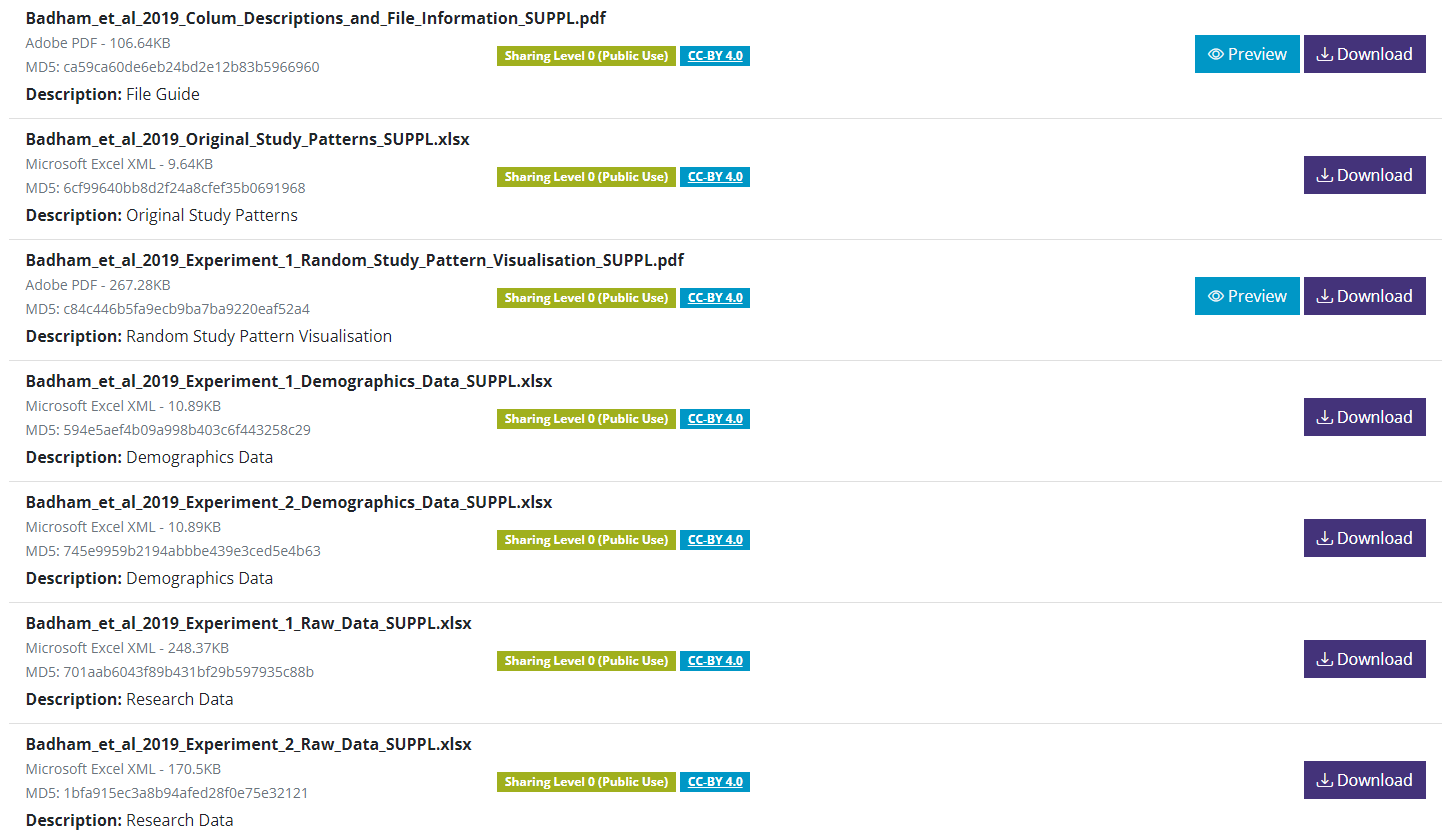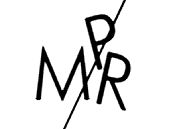Policy
About PsychArchives
PsychArchives is a disciplinary repository for psychological science and neighboring disciplines. In PsychArchives, a variety of digital research objects (DROs), including articles, preprints, research data, code, supplements, preregistrations, tests and multimedia objects, are made accessible for the long term. The repository is provided as a non-commercial public service by the Leibniz Institute for Psychology (ZPID), the supra-regional scientific research support organization for psychology in German-speaking countries.
Accepting 20 different DRO types, PsychArchives preserves any research-related output to be archived and made accessible; related objects, e.g. from the same study, are linked within the repository. By providing a digital space which integrates all relevant research-related content, PsychArchives aims to be a one-stop research platform for academics, students, the psychological professional practice and anyone interested in psychological topics.
PsychArchives gives researchers in psychology and related disciplines the opportunity to publish their work in Open Access or, starting 2021, more restrictive “scientific use” models easily and free of charge. To populate the repository with content, we also cooperate with publishers, editors, research institutes and departments, conference organizers, research projects, psychological societies, professional associations and other institutions. You can find a list of our partners on the Cooperation partners page. DROs in PsychArchives are assigned a Digital Object Identifier (DOI) to render them easily and uniquely citable. To enhance the international visibility of PsychArchives DROs, they are indexed in public search engines such as GoogleScholar and PubPsych.
ZPID is committed to the idea of Open Science, and we endorse its aims in our Open Science Policy. PsychArchives focuses on the long-term archiving and publication of research objects in accordance with the FAIR principles, i.e. guidelines to improve the findability, accessibility, interoperability and reuse of research and research data. In line with the recommendations of the DGPs regarding the support of Open Science and data management in psychological science, PsychArchives is strongly committed to comprehensively implementing the goals of Open Access as set out in the Berlin Declaration on Open Access to Knowledge in the Sciences and Humanities. On the repository website, we provide information as well as links to resources on Open Science and its aims to increase awareness among the psychological research community. To this end, PsychArchives also cultivates an active dialogue with psychological societies, professional associations, research funders as well as other players from the Open Science community.
Open and immediate access to DROs is realized in PsychArchives through Sharing Levels 0 as well as 0+ (Public Use File). Reuse and widespread dissemination of public use files is fostered through open licensing, wherever legally possible. For contributors who want to archive content requiring special protection, such as research data whose Open Access provision would violate the rights of test subjects, PsychArchives offers Sharing Level 1 (Scientific Use File). A more restrictive Sharing Level 2 is in preparation; users may already make themselves familiar with the projected PsychArchives sharing level concept on the Sharing Levels page.
Scope of material
PsychArchives accepts DROs that fulfil the collection profile of the repository in terms of their content, quality, form and document type according to our quality and selection as well as technical guidelines. All submissions are individually checked by the PsychArchives team for formal accordance with these guidelines before publication. We reserve the right to select material. DROs are assigned one of the 20 PsychArchives DRO types. The DRO type list shows an overview of our DRO types and their respective descriptions. Researchers can find advice on how to classify their DROs in the FAQ section.
PsychArchives supports both the primary and secondary publication of DROs, thereby inviting researchers to take both the Gold and the Green Road to Open Access. Enabling Gold Open Access, PsychArchives welcomes DROs that are being published for the first time. Primary publications, like all submissions to PsychArchives, undergo a formal evaluation through the PsychArchives team to ensure the basic fit of content and quality of metadata but are not subjected to any editorial review or peer review process. Facilitating Green Open Access, PsychArchives also acts as a secondary publisher of literature that has already undergone quality control elsewhere.
Legal framework
Use of PsychArchives is governed by the PsychArchives Terms of Use. When uploading content to PsychArchives, contributors choose a sharing level and license under which they agree to make their DRO(s) available. A detailed overview of PsychArchives sharing levels and corresponding licensing options in PsychArchives can be found on the Sharing Levels page.
Contributors have to be fully legally entitled to contribute a DRO to PsychArchives and license it under the chosen license. They are responsible for observing legislation and third party rights when contributing a DRO. Datasets must be anonymized to be published in PsychArchives, although this is not verified by the PsychArchives team. If a contributor discovers that there is, or will be, some kind of legal obstacle, they must inform the PsychArchives team immediately.
All exclusive/intellectual property rights of a DRO accessible on PsychArchives remain with the original author/creator of the DRO. This means that making a DRO available in PsychArchives does not preclude further publication of the work, e.g. in print media or in other repositories.
Repository users may use a DRO offered in PsychArchives under the sharing level and license terms chosen by the contributor and stated on each object page. No further restrictions apply. DRO metadata is licensed under the CC0 waiver.
For further details on rights and licenses, see the Rights and licenses page.
Availability of contents
PsychArchives is hosted by ZPID. We guarantee that content published in the repository will be archived for as long as PsychArchives is operated. To ensure a stable URL, each DRO is given an individual permanent address in the form of a DOI (Digital Object Identifier) as well as a Handle.





 COSMO project
COSMO project





